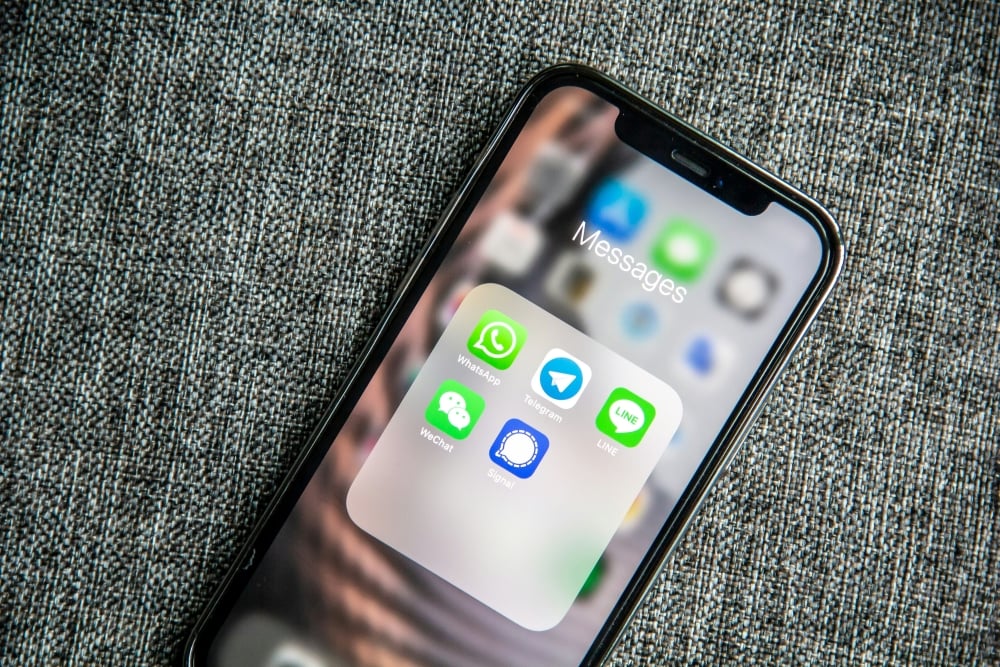The recent events involving the founder of Telegram, Pavel Durov, in France, have once again sparked discussions about the safety of messaging apps.
This issue is quite complex because it’s not just about the messenger. On one hand, using any messenger is already more secure than a regular mobile connection, which can be intercepted and exposed to a third-party.
On the other hand, if the phone is infected with spyware, it doesn’t matter which messenger the voice conversation is on. The virus will capture and transmit the voice to the “owner.”
n recent years, Durov has frequently compared Telegram to WhatsApp. This strategy was well chosen because Durov himself designated a suitable competitor and shifted the entire competition between messaging apps to the Telegram-WhatsApp rivalry. This move benefited Telegram in several ways, as WhatsApp, a more popular messaging app, attracted more attention from security professionals and cybercriminals. Consequently, this led to more frequent discoveries of vulnerabilities in WhatsApp.
Additionally, according to data from the Federal Bureau published in the press, WhatsApp transmits substantial data to law enforcement. This data includes information on who is communicating with whom, address books of contacts, and more. Law enforcement officers receive a continuous flow of metadata almost in real-time, with a 15-minute delay. This data may even include the communication content if a backup is performed using iCloud.
Telegram, on the other hand, avoided cooperating with law enforcement in every possible way, safeguarding the reputation of an independent and secure messenger. However, there are some significant “buts” here.
One of the first “buts” recently emerged. Most likely, Durov had to make a deal with the French (at least only the French) special services. It was later revealed that Durov had visited the Cyber Security Center in Baku. Most interestingly, despite declaring himself as an exiled businessman who had fled Russia, it was discovered that he had secretly visited Russia fifty times between 2015 and 2021.
Now, let’s compare these facts with some essential points.
a. It is widely believed that Telegram is the most secure messenger;
b. Most users may not realize that robust encryption is only activated when the secret chat option is used. With end-to-end encryption (E2E) enabled, even Telegram administrators are unable to read the chats. In other situations, chat rooms are unreadable to interception attempts by special services that monitor internet traffic, but they remain accessible to Telegram admins and can be handed over to authorities if necessary.
c. All group chat rooms on Telegram have weak encryption, making them potentially accessible to a third party.
Considering this, we should move away from comparing Telegram and WhatsApp. Instead, let’s consider using Signal Messenger, which is entirely open-source. Signal provides law enforcement with minimal data, such as the user’s registration and last login times, and all chat rooms are always end-to-end encrypted.







